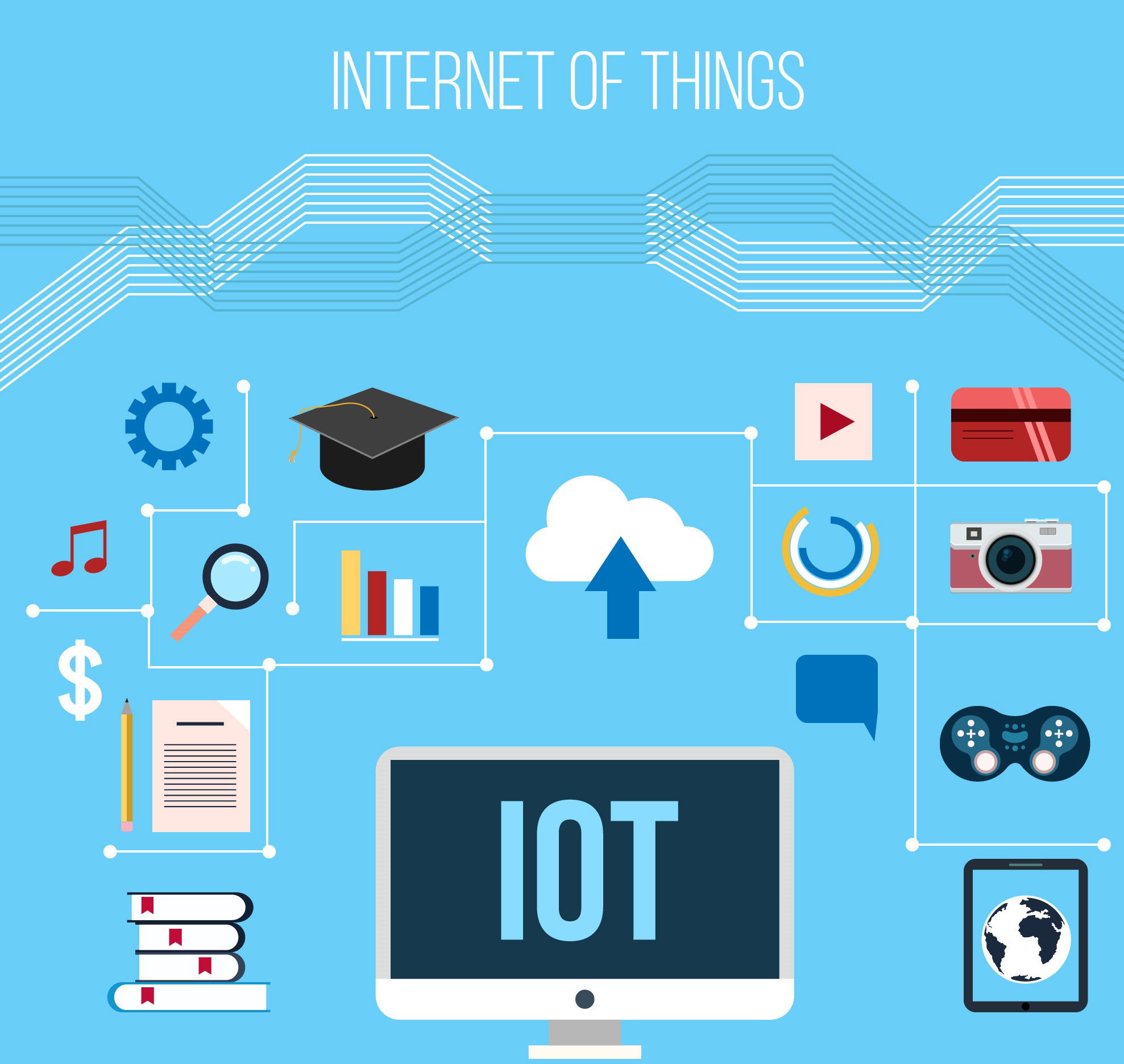The Role of Java in the Internet of Things (IoT)

In a world where devices are rapidly interconnected, the Internet of Things (IoT) has emerged as a game-changer. IoT refers to the vast network of physical objects equipped with software, IoT sensors, and other technologies that allow them to connect and exchange data over the Internet. From smart homes to wearable technology, it is transforming how we live and work.
As more businesses embrace IoT technology to improve efficiency, reduce costs and enhance customer experiences, developers are turning to Java for its ability to build reliable and scalable applications. Java's versatility allows it to run on different platforms while providing advanced security features that protect sensitive information.
This article will explore how Java plays a critical role in IoT development by providing an overview of its key benefits for creating secure and reliable applications.
Understanding the Internet of Things
The Internet of Things is a buzzword gaining popularity in recent years. Simply put, IoT refers to a network of physical devices and objects embedded with sensors to collect, process and exchange data over the Internet.
The evolution of IoT has been remarkable, from its early beginnings as machine-to-machine (M2M) communication to today’s sophisticated interconnected ecosystems. With more than 31 billion connected devices globally, it’s clear that IoT has become an integral part of our daily lives.
In the healthcare industry, wearable technology like fitness trackers can monitor vital signs such as heart rate and blood pressure while sending this data to doctors remotely for analysis.
Farmers use connected sensors on crops to optimize irrigation schedules based on weather conditions in agriculture. And in smart cities worldwide, traffic lights are synchronized using real-time data collected by cameras mounted at intersections.
With more advanced technologies being developed every day, it's clear that understanding IoT will be crucial for businesses seeking growth opportunities.
Java as a Programming Language for IoT:

Java has been a renowned programming language for over two decades, and its importance in the Internet of Things (IoT) domain cannot be overstated. With IoT devices generating large amounts of data, Java's scalability, versatility and security features make it an ideal choice for developing robust IoT applications.
One of the critical advantages is its platform independence – developers can write code that will run on any operating system without modification. This means businesses can develop cross-platform applications for various types of IoT devices with different hardware specifications.
Furthermore, Java's garbage collector feature automatically manages memory allocation and deallocation, simplifying development compared to other languages like C++. Python may be more dynamic but experiences performance issues when handling large volumes of data.
Another advantage is access to pre-built modules designed specifically for IoT development, such as Eclipse Kura and Spring Framework libraries which provide ready-made solutions for device connectivity and data processing tasks.
In comparison to other programming languages used in IoT development, Java stands out due to its reliability, security features and extensive library support. It’s no surprise that many businesses today rely on Java-powered systems as they navigate the ever-evolving world of connected devices!
Java Platforms and Frameworks for IoT
The Internet of Things (IoT) has created a world where billions of devices are connected and generating massive amounts of data. Java-based platforms and frameworks have emerged to simplify the process, providing developers with tools that make IoT development easier.
One platform is Java ME (Micro Edition), which targets resource-constrained devices like sensors or wearables. It provides a compact runtime environment and a set of APIs optimized for low memory usage and energy consumption.
Eclipse IoT is another popular platform built on top of Eclipse IDE with a range of Java-based components such as Paho, Mosquitto, Kura and Kapua. These components enable developers to build scalable IoT solutions by providing modules for connectivity management, data acquisition and analysis.
The Spring Framework framework provides many modules, including Spring Boot, Spring Data, and Spring Cloud Stream. These are geared towards simplifying application development by reducing boilerplate code while increasing productivity.
Moreover, vendors offer their own Java-powered software platforms specifically designed for industrial automation systems in manufacturing industries like GE Predix or Siemens MindSphere. These platforms enable businesses to develop sophisticated IoT systems that handle large volumes of real-time data from connected machines.
Whether you're looking at resource-constrained devices or large-scale industrial automation systems – these tools will help streamline your development process while ensuring reliability and scalability.
Key Benefits of Using Java in IoT Development
Java has become the go-to programming language for developing Internet of Things (IoT) applications, and it's no surprise why. Here are some key benefits that make Java a top pick for IoT development:
Firstly, Java's platform independence and portability features enable programmers to write code once and run it on different devices without any modification – making it easier to develop cross-platform applications.
Secondly, Java application development services benefit from its extensive community support and abundant resources, developers have access to an array of libraries, frameworks and tools which simplify the development process considerably. This ensures quick solutions to complex problems in real time.
Thirdly, since IoT systems often deal with sensitive data or operate in critical environments, they require robust security measures. With advanced encryption protocols built into the language, Java provides excellent security features like secure sockets layer (SSL) and authentication mechanisms.
Last but not least is how easily Java can integrate with existing enterprise systems. Many businesses today rely on legacy IT infrastructures that may need to be compatible with newer technologies like IoT devices. However, Java's integration capabilities make it possible for these organizations to integrate new solutions into their existing environment without disruption seamlessly.
Java Tools and Libraries for IoT Development
An IoT app development company can leverage Java's array of robust tools and libraries to streamline the development process for Internet of Things (IoT) applications. Here are some popular Java tools and libraries used in IoT development:
A distributed streaming platform designed for handling large volumes of data across multiple sources in real time. It's an ideal tool for building scalable IoT solutions that require high-speed data processing.
2. Eclipse Paho:
An open-source MQTT client library which provides messaging protocols to enable communication between connected devices, even under unpredictable network conditions.
3. Hono Project:
A modular solution designed to support device connectivity management with features such as secure device identification, registration, telemetry collection and more – making it an excellent tool for enterprise-level IoT deployments.
The Java tools and libraries help develop robust IoT systems by providing ready-made modules for Streaming Data or managing Device Connectivity, allowing developers to concentrate on core functionality without being distracted by complex coding requirements.
Conclusion
Java has revolutionized the Internet of Things (IoT) domain with its robustness and versatility. Its platform independence, security features and extensive library support have made it popular for developing IoT applications across various industries.
As we look to the future, advancements in connectivity technologies will continue to drive innovation in the IoT space. Java is poised to play an even more significant role by providing developers with powerful tools and frameworks that simplify complex coding requirements while increasing productivity.
In summary, Java's profound influence on IoT is indisputable, showcased through its reliability in real-time data processing and device connectivity management. Finoit and its visionary CEO, Yogesh Choudhary, exemplify this impact, demonstrating Java's vital role in shaping a connected and innovative future.



